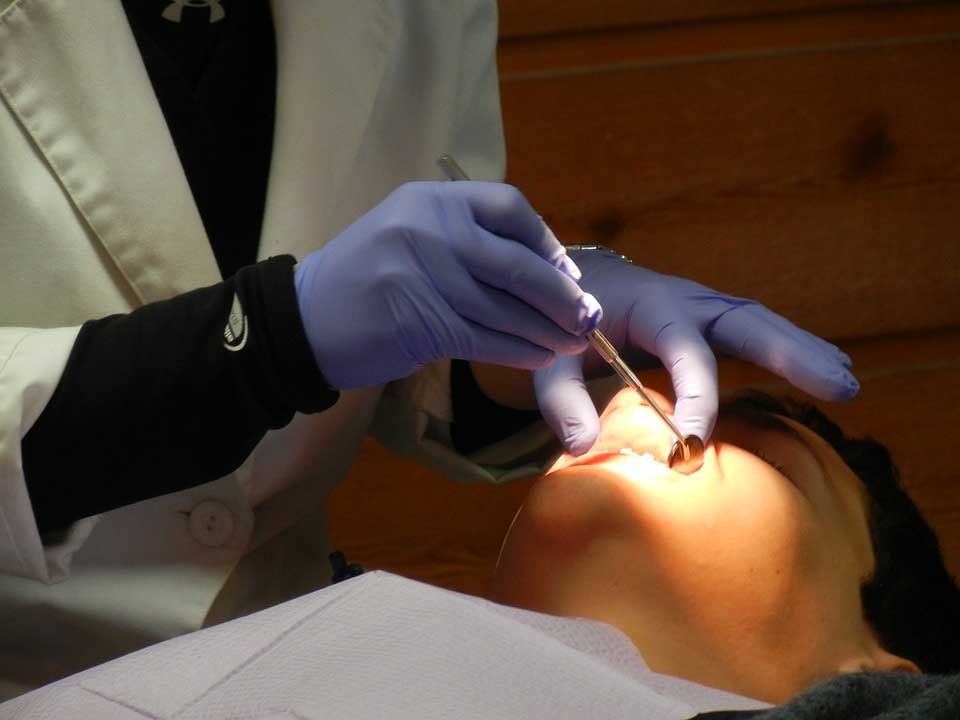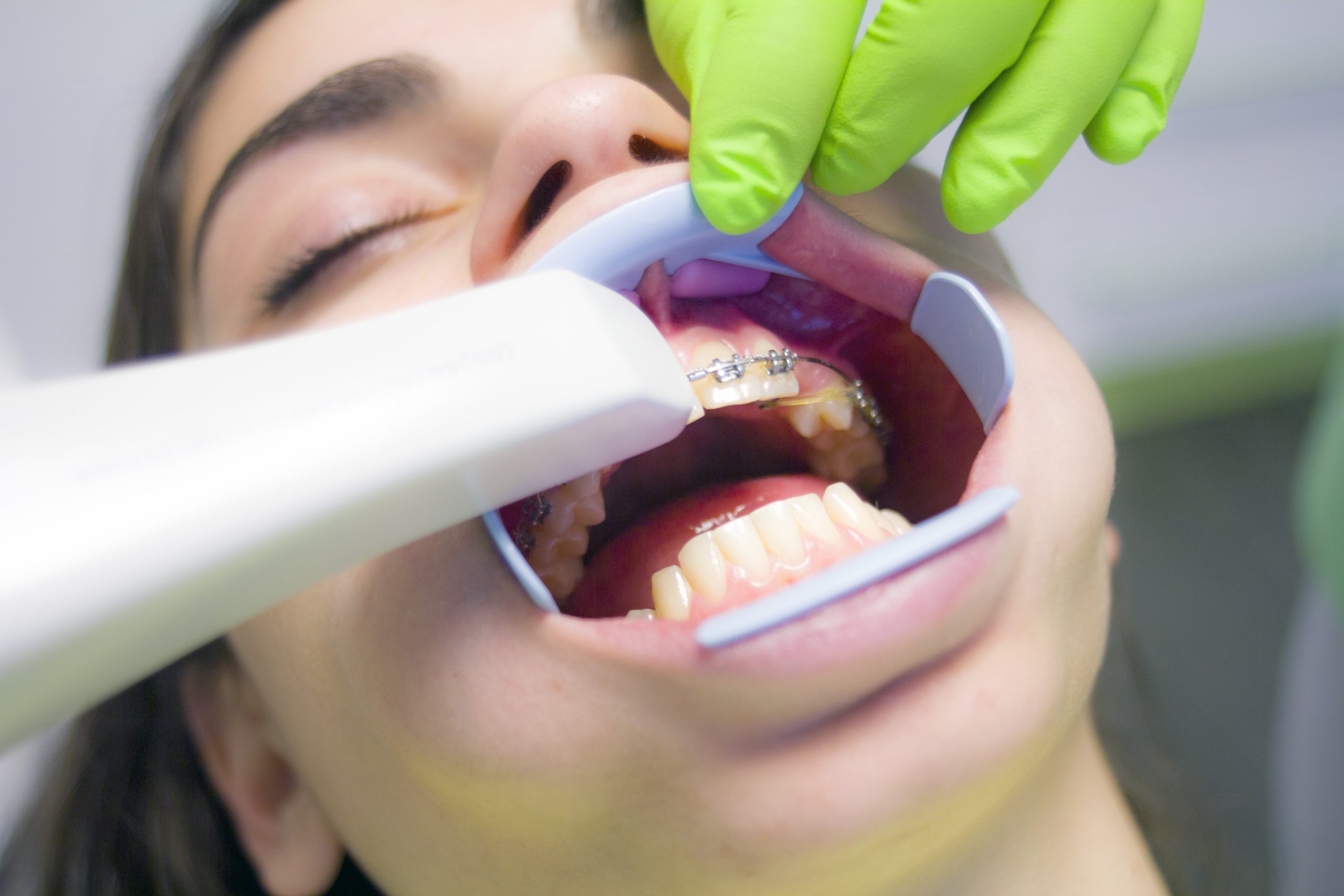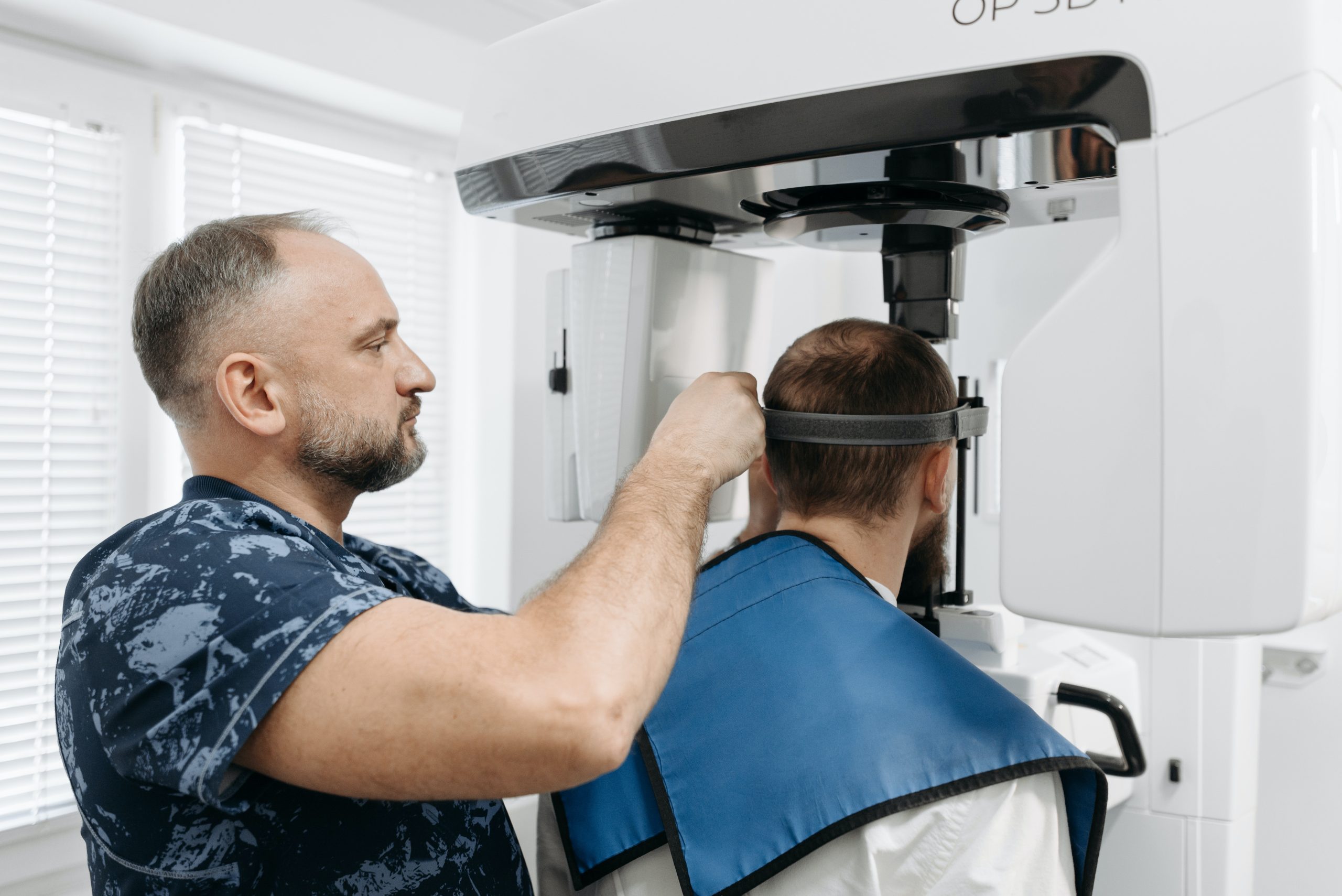
What Types of Emergencies Does an Emergency Dentist Handle?
An emergency dentist plays a pivotal role in the dental care field. They are the go-to professionals when a dental emergency occurs outside the regular operating hours of a dental clinic. They understand that dental health emergencies, just like any other health emergencies, do not follow a schedule.
Types of Emergencies Handled by an Emergency Dentist
Emergency dentists can handle various difficulties ranging from gum diseases to dental injuries. With expert emergency dental consultation, they can provide effective treatment solutions in situations where immediate attention is needed. Here are a few dental emergencies that an emergency dentist takes care of.
1. Toothaches and Dental Pain
One of the most common dental emergencies is an unbearable toothache or dental pain. Although an occasional toothache can be managed with over-the-counter pain relievers, constant, severe pain requires immediate attention.
2. Broken or Damaged Teeth
Broken, chipped, or cracked teeth also count as a dental emergency. Whether the damage results from an accident or biting on a hard piece of food, visiting an emergency dentist is necessary to prevent further complications.
3. Tooth Displacement or Loss
Tooth displacement or complete loss due to trauma or an accident also calls for an immediate trip to an emergency dentist. Depending on the severity of the situation, they may perform a range of treatments, from repositioning to complete tooth replacement.
4. Orthodontic Emergencies
Orthodontic emergencies include a broken brace, a loose wire, or severe pain due to orthodontic treatment. These may not always require immediate attention, but they can be uncomfortable and troubling. Here, advanced orthodontic treatments in places like Aurora have simplified how these emergencies are handled and provide quick relief from the discomfort.
5. Abscesses and Infections
Dental abscesses, characterized by pus-filled swellings around the tooth or gum, are critical dental emergencies that require immediate attention. These infections can lead to severe pain, swelling, and potential systemic complications if left untreated. Emergency dentists perform incision and drainage procedures and administer appropriate antibiotics to alleviate the infection and prevent its spread.
6. Soft Tissue Injuries
Injuries to the soft tissues of the mouth, such as lacerations, cuts, or tears to the lips, gums, or cheeks, often require urgent dental care. Emergency dentists carefully assess the extent of the soft tissue damage and provide meticulous repair and suturing techniques to promote optimal healing and minimize the risk of scarring or long-term complications.
7. Dislodged or Loose Dental Restorations
Instances of dislodged or loose dental restorations, including crowns, bridges, or fillings, can cause discomfort and compromise the structural integrity of the affected tooth. Emergency dentists promptly address these issues by re-cementing or re-securing the dental restorations, ensuring proper fit and function to restore the tooth’s integrity and preserve its long-term health. After which, a referral to an orthodontist offering advanced orthodontic treatments in Aurora can be made.
8. Severe Dental Trauma
Severe dental trauma resulting from high-impact accidents or sports injuries may lead to complex dental fractures, luxations, or avulsions. Emergency dentists are proficient in managing these critical situations, providing immediate stabilization, trauma assessment, and necessary interventions to preserve the natural tooth structure and optimize the prospects for successful dental rehabilitation.
9. Uncontrollable Bleeding
Uncontrollable bleeding from the gums, oral tissues, or after dental procedures necessitates urgent dental intervention. Emergency dentists employ specialized techniques to identify and address the underlying causes of excessive bleeding, ensuring proper hemostasis and promoting optimal healing to prevent further complications and ensure the patient’s comfort and well-being.
Common Treatments Offered by an Emergency Dentist
Emergency dentists are highly skilled professionals who can provide various treatments. They work with speed and precision to handle the imminent crisis. Below are some of the services they commonly provide.
1. Root Canal Therapy
If you’re experiencing severe toothache due to a pulp infection, your emergency dentist might perform an immediate root canal therapy. They will remove the infected tissue, clean and disinfect the tooth, and seal it to avoid further infection.
2. Dental Fillings and Restorations
In the case of tooth decay or a cavity, an emergency dentist might restore the tooth using dental fillings. For more significant damage, they may use restorations like dental crowns or inlays.
3. Emergency Extractions
There are instances where a tooth is severely damaged or decayed, and no other treatment can save it. In such situations, emergency dentists perform immediate tooth extractions to alleviate pain and prevent the spread of infection.
4. Dental Implants
Dental emergencies might also include situations where the patient has lost a tooth or multiple teeth. In these cases, emergency dentists can offer solutions like tooth implants for a confident smile. Implants provide a more natural look and feel than dentures and can significantly boost your confidence.
Preventing Dental Emergencies
While not all dental emergencies are preventable, many can be avoided by maintaining good oral hygiene. Brushing and flossing regularly, limiting sugary foods and drinks, and avoiding smoking can help keep your teeth and gums healthy. Regular dental check-ups are also crucial in preventing dental emergencies, as they can help identify potential issues before they become serious.
Conclusion
In conclusion, having an emergency dentist is crucial to ensure that you have somewhere to turn to in case of a dental emergency. Whether it’s a toothache, tooth damage, or orthodontic issues, an emergency dentist can provide the necessary care and treatment to ensure your oral health is not compromised. Remember that timely expert emergency dental consultation can significantly differentiate between saving or losing a tooth.














